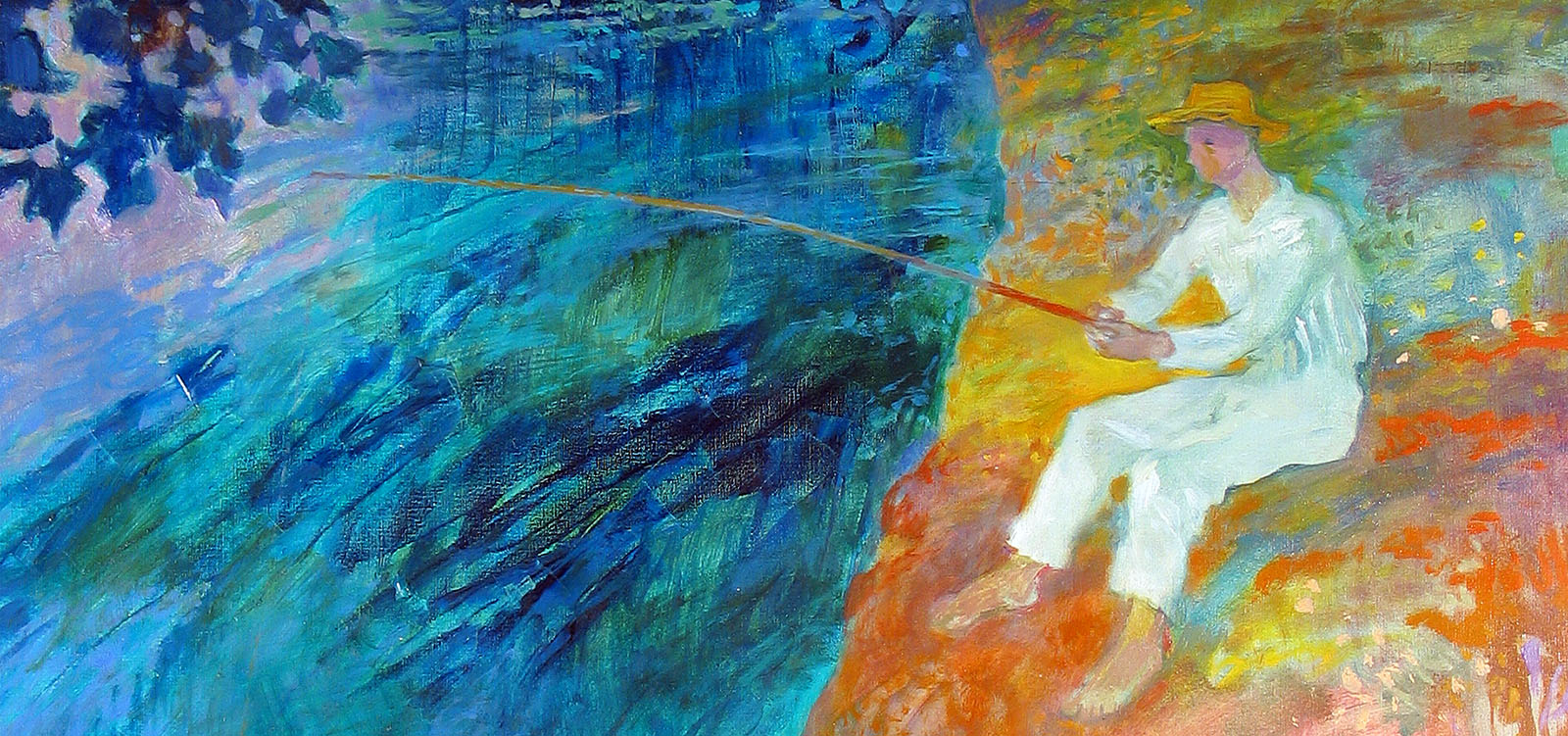
Investing in Art - The Art of Investing
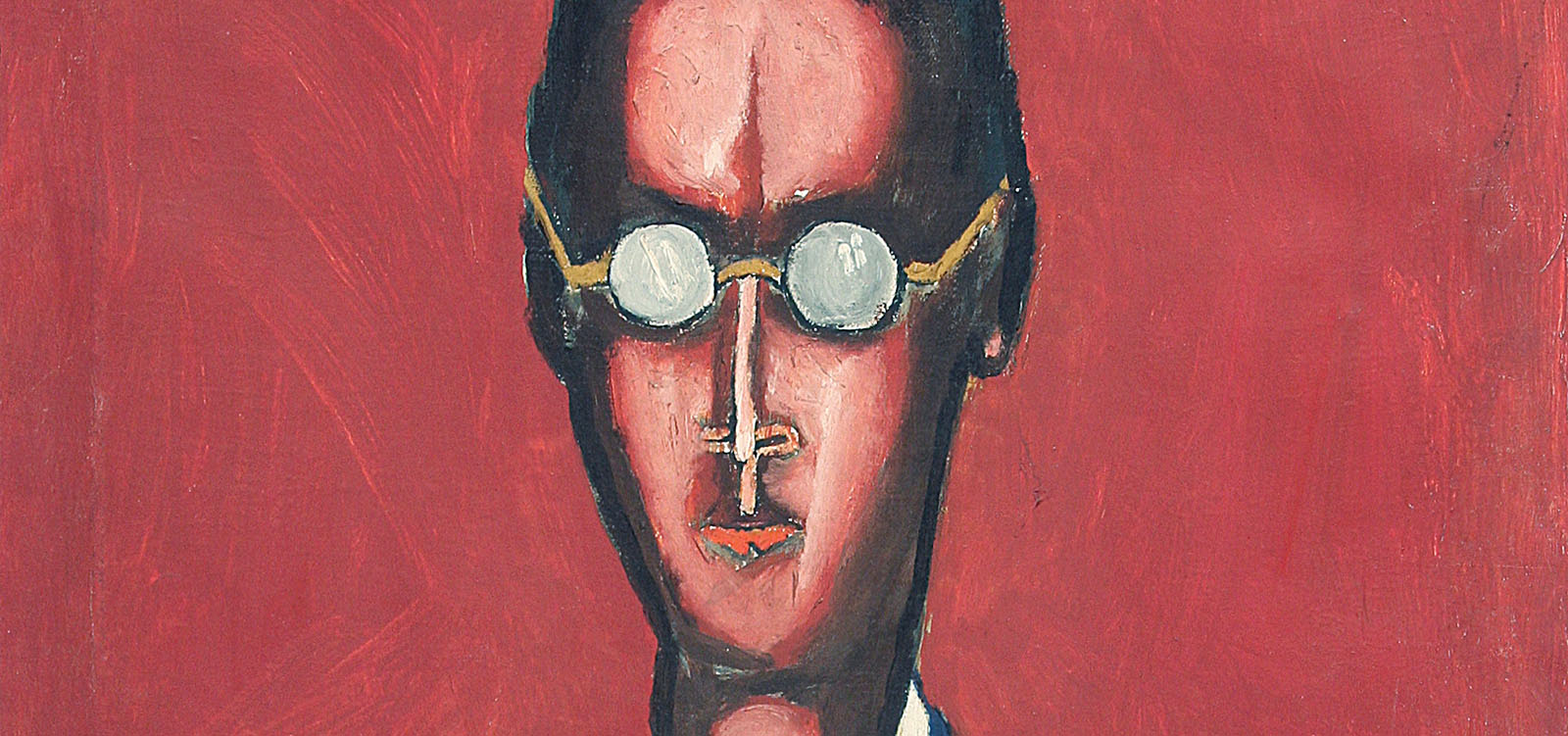
We create art collections
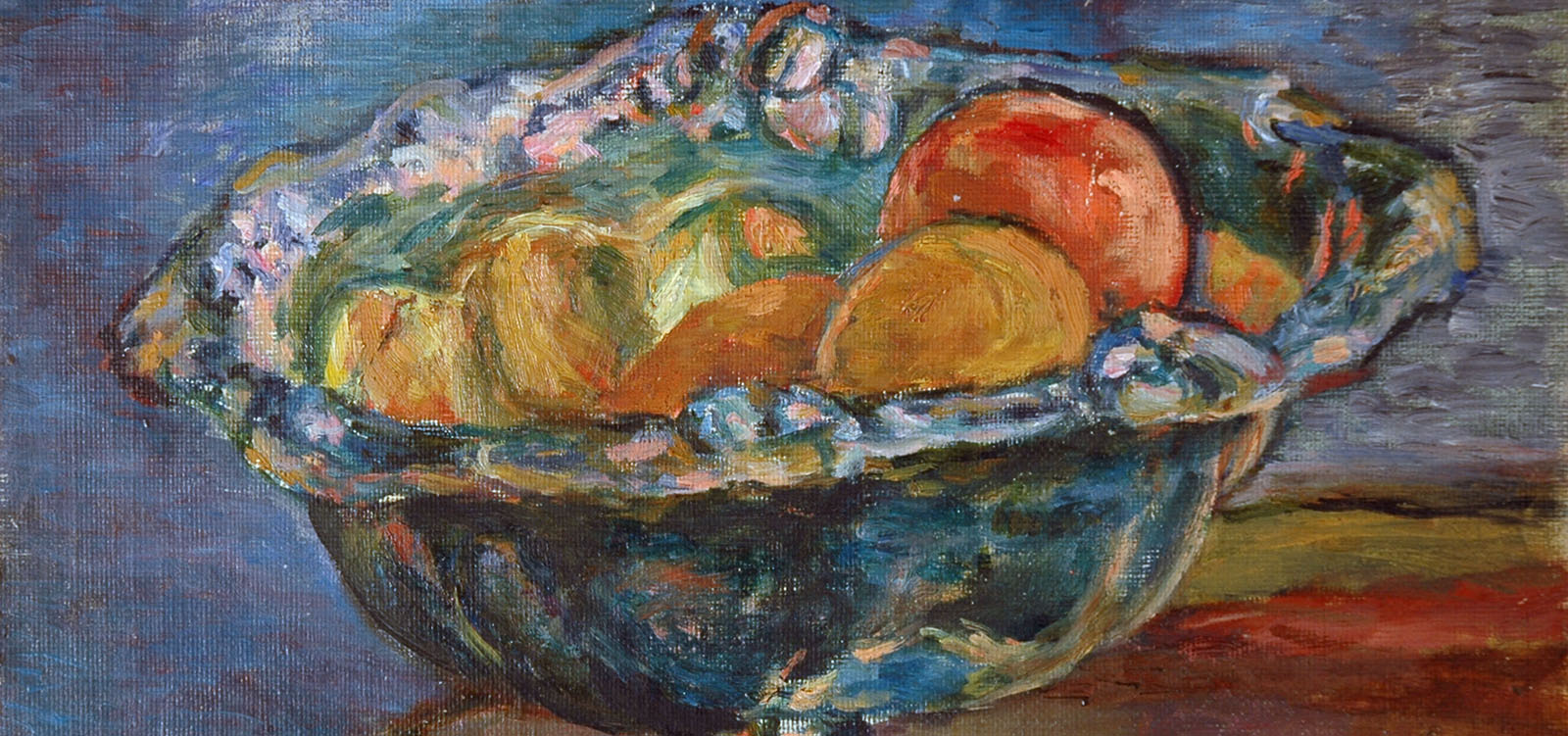
Art Consulting
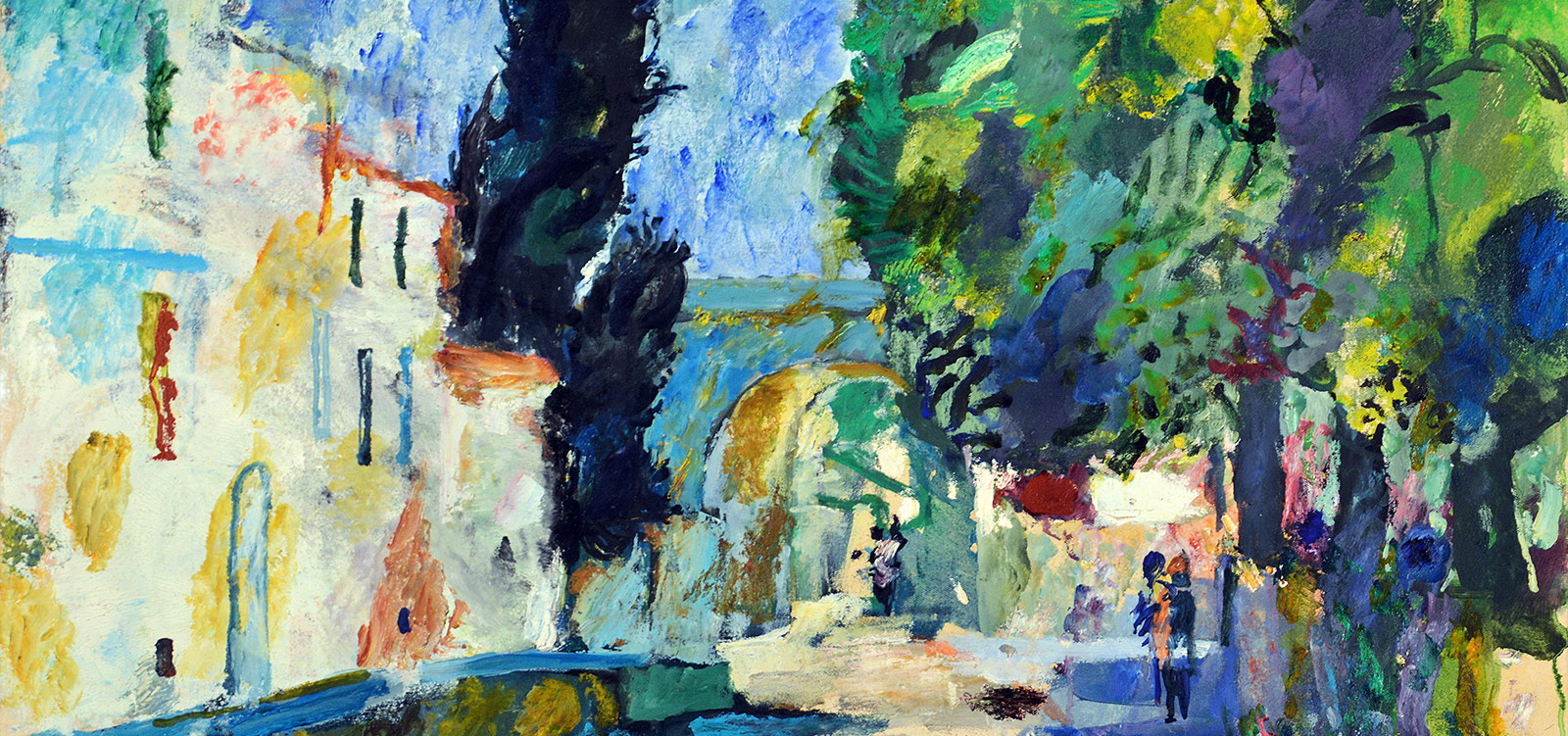
Arranging art collections
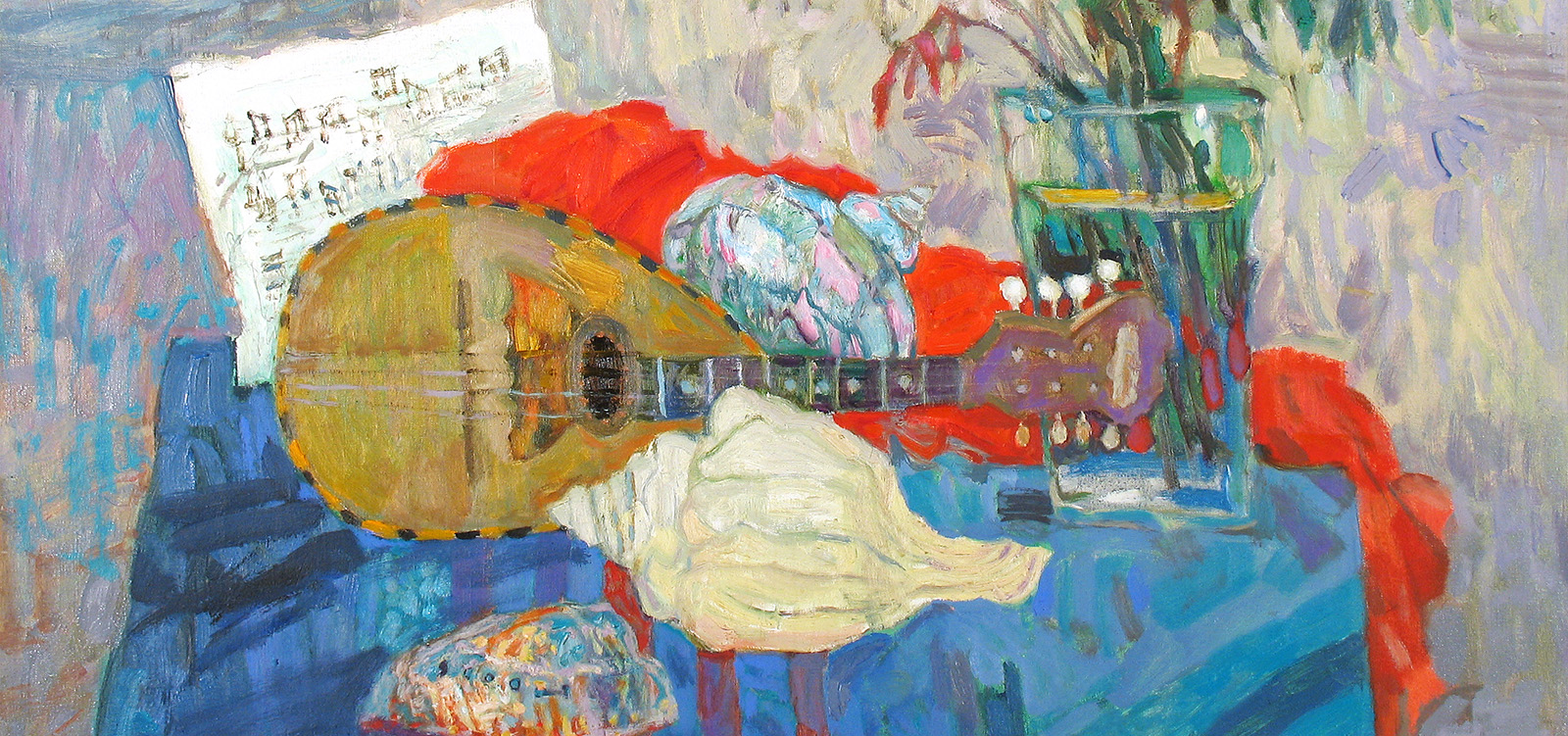
Cataloguing collections of works of art
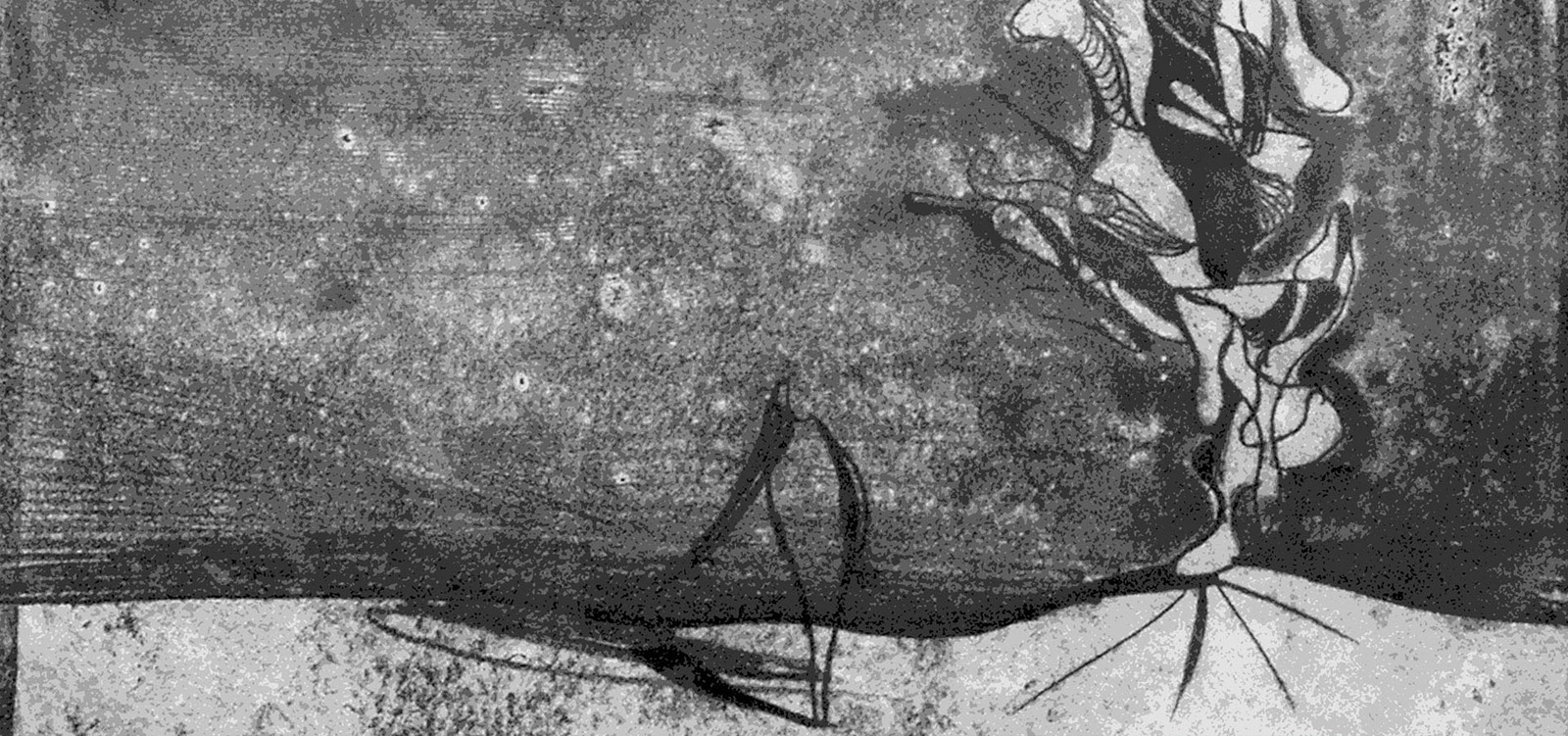
Consevation of works of art
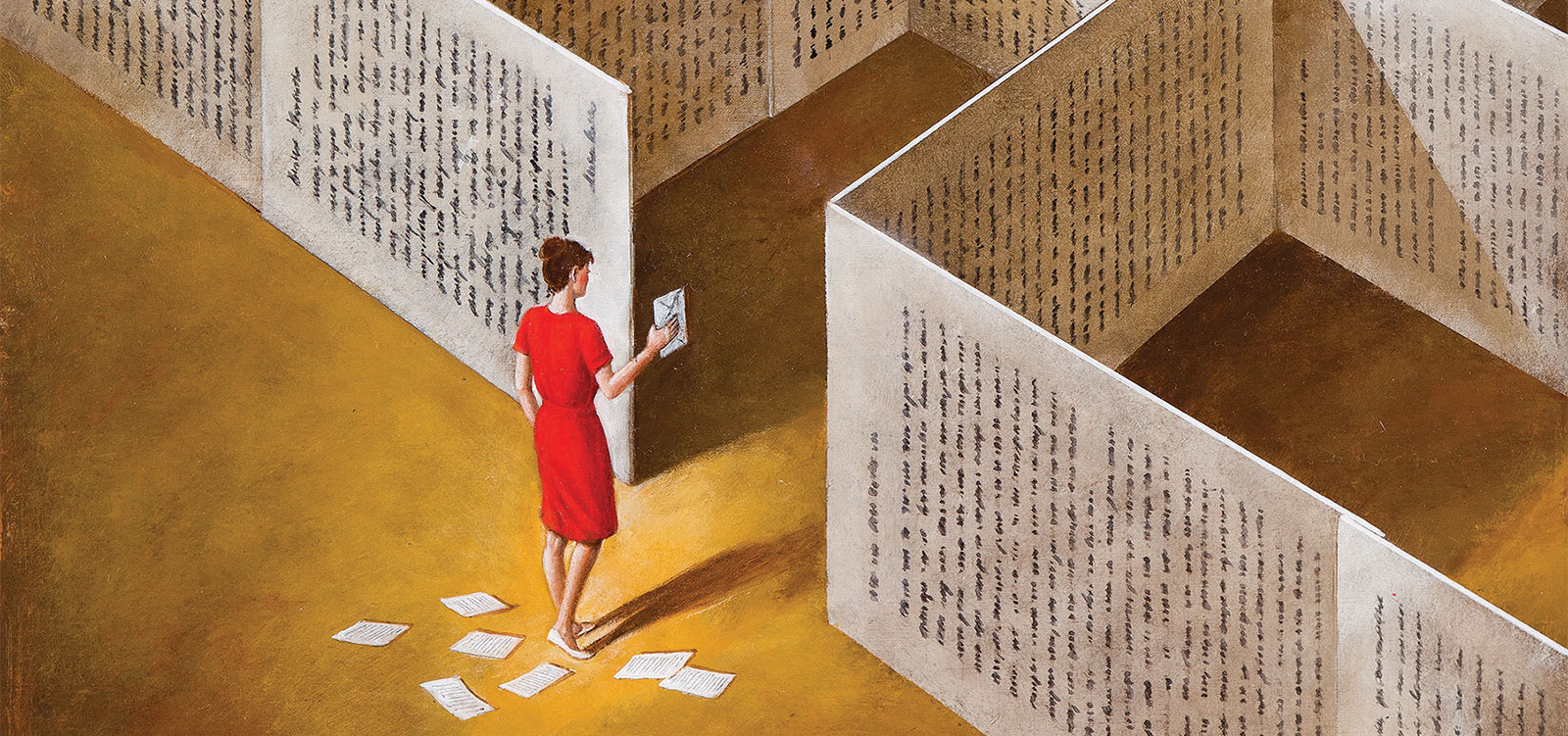
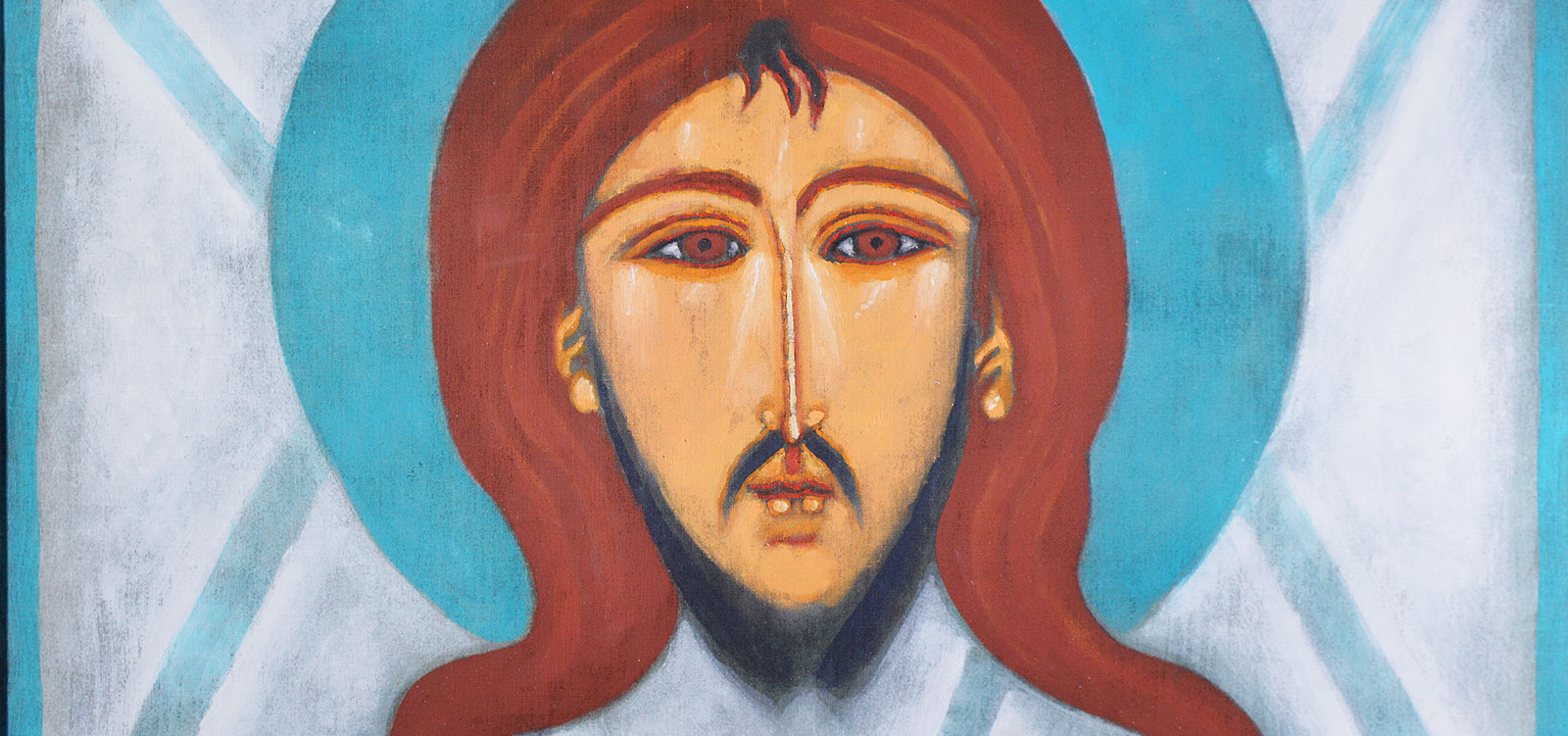
Not only Goethe, returning to Weimar, having been called back from his Italian journey, had to replace the "clear blue sky [...] with grey one". For this lover of clear brightness, a journey to Italy - a country "so rich in forms" - was a form of escape from "shapeless Germany". After Goethe's "Italienische Reise", another "classic" description of Italian peregrinations came from another inhabitant of the North, Pavel Muratov. "The horizon of Tuscany", according to Muratov, "is always clearly marked with numerous, delicate lines of low hills. This is what the horizon in the homeland of great painters should look like. There is not a hint of our unclear sorrow and the unwept grief of our woods and ravines. The world is here as created by God, who gave people fruitful trees, wine and crops, and who not solely foretold them that they would suffer the hardships of work...". The mythical Tuscany, crystallised in Muratov's description, even if existed at all, has long been lost. It does not exist apart from the pages of the book, where it still remains, and apart from the paintings by former masters, as only through their art we are able to make an imaginary journey to it. Tuscany, therefore, increasingly resembles "hyperspace", often acquiring its properties and significance. It becomes increasingly more difficult to present, especially if it is to be something more than an easy paradise for painters and the viewers of their paintings.
If we wish to see how the images of Tuscany change, we can make another imaginary journey to Italy while observing the recent series of Tuscan landscapes by Iwona Fischer-Zuziak. Her Tuscany landscapes series, while being a continuation of the earlier series entitled Ogród Barbarzyńcy (The Garden of a Barbarian) simultaneously differ from her previous paintings. They allow us to experience the subtlety and the rough simplicity of the Tuscany landscape before or after the actual trip to this land. These paintings, brought to life in a Kraków workshop, originated from flashy glimpses drafted in Tuscany in the form of quick sketches. The artist, attempting to order the Tuscany Universum, often uses the discipline of geometry, which - in the case of a country "so rich in forms" - seems to be an almost natural action. The figures of a triangle, circle or a square, are not only an expression of a need for perfection, but mostly a testimony of a longing for the depth and clarity of life, a yearn for the absolute. Architecture in such a landscape, even serving per la grandezza della terra, seems only temporary.
The images of Tuscany by Iwona Fischer-Zuziak, while being a visualisation of a longing for the lost perfection, are also a presentation of difficulty in regaining the lost harmony. A journey to Italy, as Pavel Muratov noticed, broadens the range of our desires. Having great aspirations, we may easily slip and fall, and the fall from great height is very painful. This sublime longing, incorporated into the painting, is connected with the land and the time, through which it becomes more material and physical (which is also visible is the unintentional anthropomorphisation of the landscape), yet at the same time more capable of being lost. After the fall of the man, the world is different; reality is no longer clearly supernatural, nor completely natural. In the presentations of Tuscany landscapes by Iwona Fischer-Zuziak, who offen uses once sacral forms of diptych or triptych, apart from multiplications and reflections of reality (facilitated by these structures), there are also visible spiritual cracks and scars.
While contemplating the artistic images of Tuscany landscapes by Iwona Fischer-Zuziak, we resemble the inhabitants of Tuscany towns, characterised by Mutratov as "idle dreamers". As Muratov wrote, "Everyone looks far away, at the hills and at the valleys, which, becoming increasingly more blue, retire towards Florence, or Pisa, towards the great, broad world. How nice it must be [...] to dream about a far journey, about freedom, about a complete and rich life!" For a long time, some of us have been planning such a journey (others have already set off or are doing it at the moment), yet we often delay our departure being afraid of disappointment and the painful confrontation with reality. A journey to Italy, according to Muratov, should be one of the decisive moral experiences. Yet only for those who have survived them with dignity. Only those will return transformed.
Janusz Antos